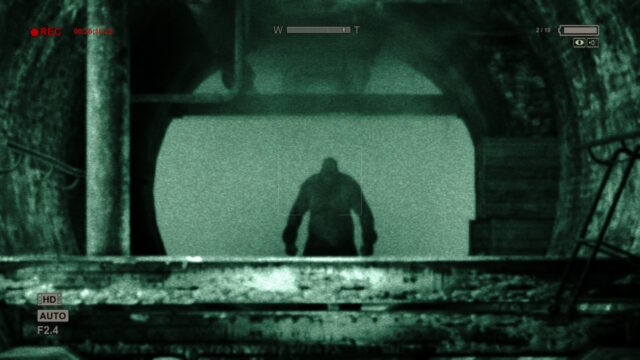The Bureau: XCOM Declassified Review
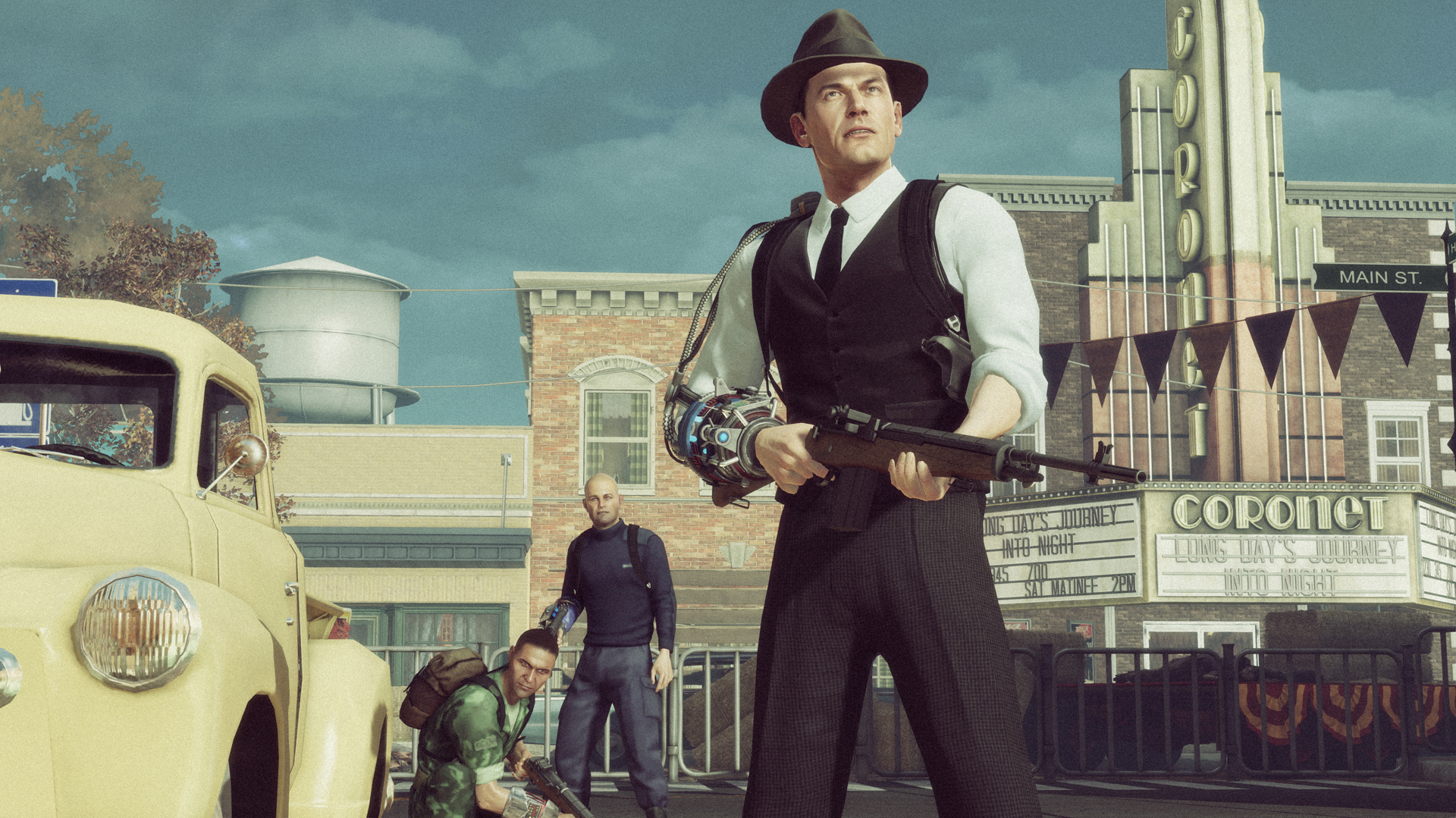
“Strategies are not modern enough,” said Christoph Hartmann, the boss of 2K Games, in 2011, explaining his thoughts on the reboot of our beloved X-COM series.
From this distrust, The Bureau: XCOM Declassified was born. It has everything that modern players want. A hero with a raspy voice and a dark past! Moral choices! Dialogue wheels! Cover-based shootouts! Everything in it says, “Let’s leave turn-based strategies for geeks and go throw sticky grenades with the big boys.”
However, despite its “lack of modernity,” last year’s XCOM: Enemy Unknown She came out delightful and popular – that’s why our today’s spin-off feels like an unnecessary excess. Remade in the late stages of development from an FPS to a more tactical TPS with teammates, The Bureau almost managed to become a successful hybrid of modern blockbusters and more interesting ideas hastily borrowed from its supposedly outdated predecessor.
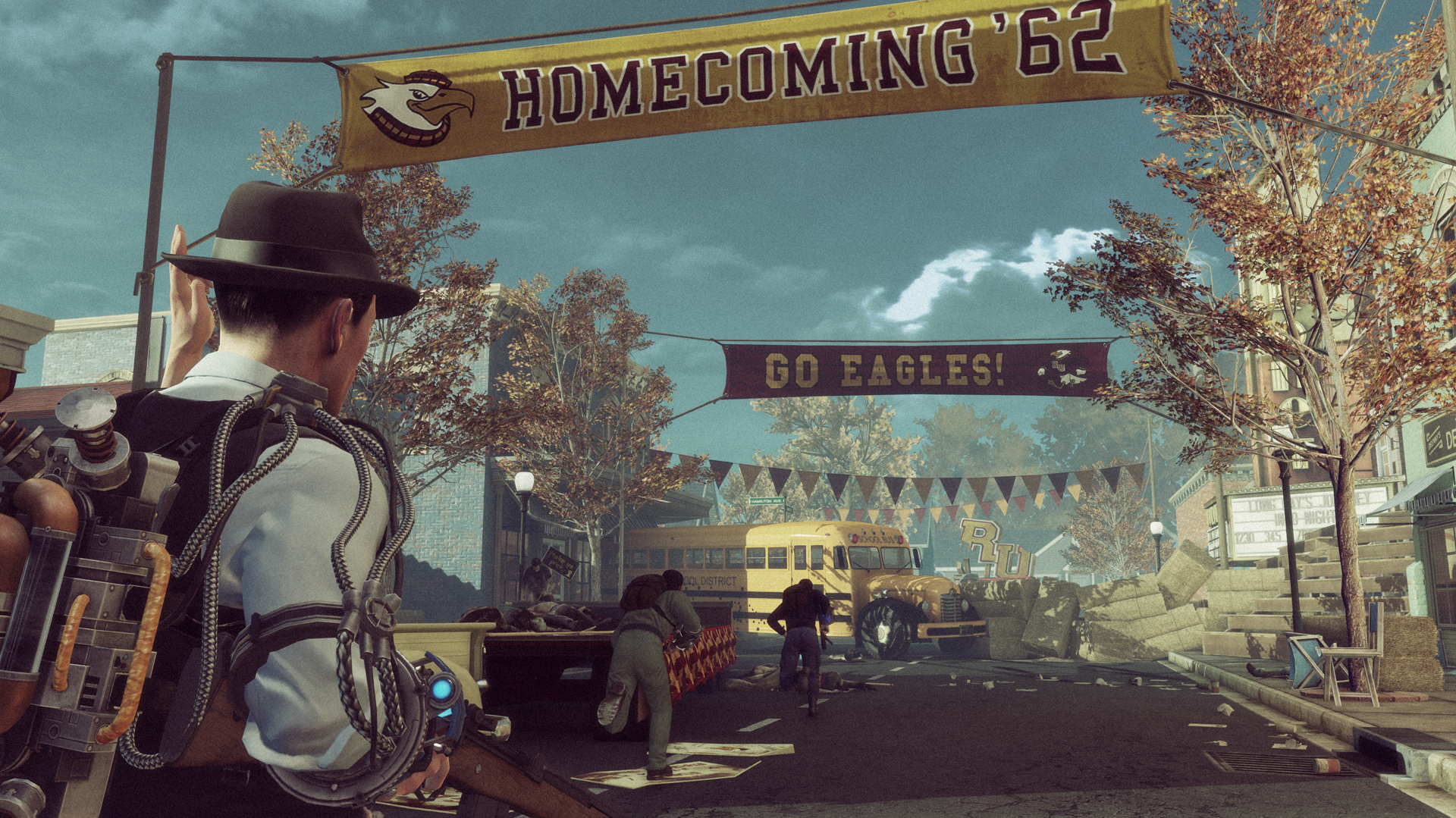
It is noticeable that the developers drew some inspiration from the BioShock series. The Bureau shares its rich detailing and soft color palette.
This is a kind of prequel, so longtime fans will have to turn their brains inside out to reconcile local events with their favorite series. The action takes place in the early 60s, when the first wave of hype about flying saucers subsided. We play as Will Carter, an FBI agent, a reckless alcoholic suffering from the death of his family. All of this is not related to the plot, but only gives it the image of a rough and impulsive daredevil, characteristic of such characters. He is a gloomy and boring type.
Having joined the emerging organization XCOM, following the appearance of a mysteriously glowing briefcase in his life, Carter finds himself on the front line of battle with aggressive alien invaders – a motley coalition known as the Mosaic. As you travel through farms and towns, you and your fellow agents will have to repel their invasion.
On a global scale, much is borrowed from traditional strategies. You hire agents, choose missions on the map, and engage in combat with the enemy. Agents can be given names, and if they die in battle, they will not be resurrected. The familiar shield icon will tell you how much longer the cover will last, and you can give orders to two other squad members using an intuitive wheel, which allows for some tactical flexibility, but unlike turn-based games, does not put the action on a boring pause.
And all of this ultimately works great. If The Bureau has a serious flaw, it is the sluggish and clumsy beginning. Enemies deal significant damage, even on lower difficulty levels, and your teammates are hopelessly dumb. You can send them to a favorable position, but they may not necessarily want to stay there. Theoretically, this is a useful technique to get them out of the line of fire. In practice, the first skirmishes will be constantly interrupted by cries for help and requests to heal wounds, which can be done automatically from the skills menu.
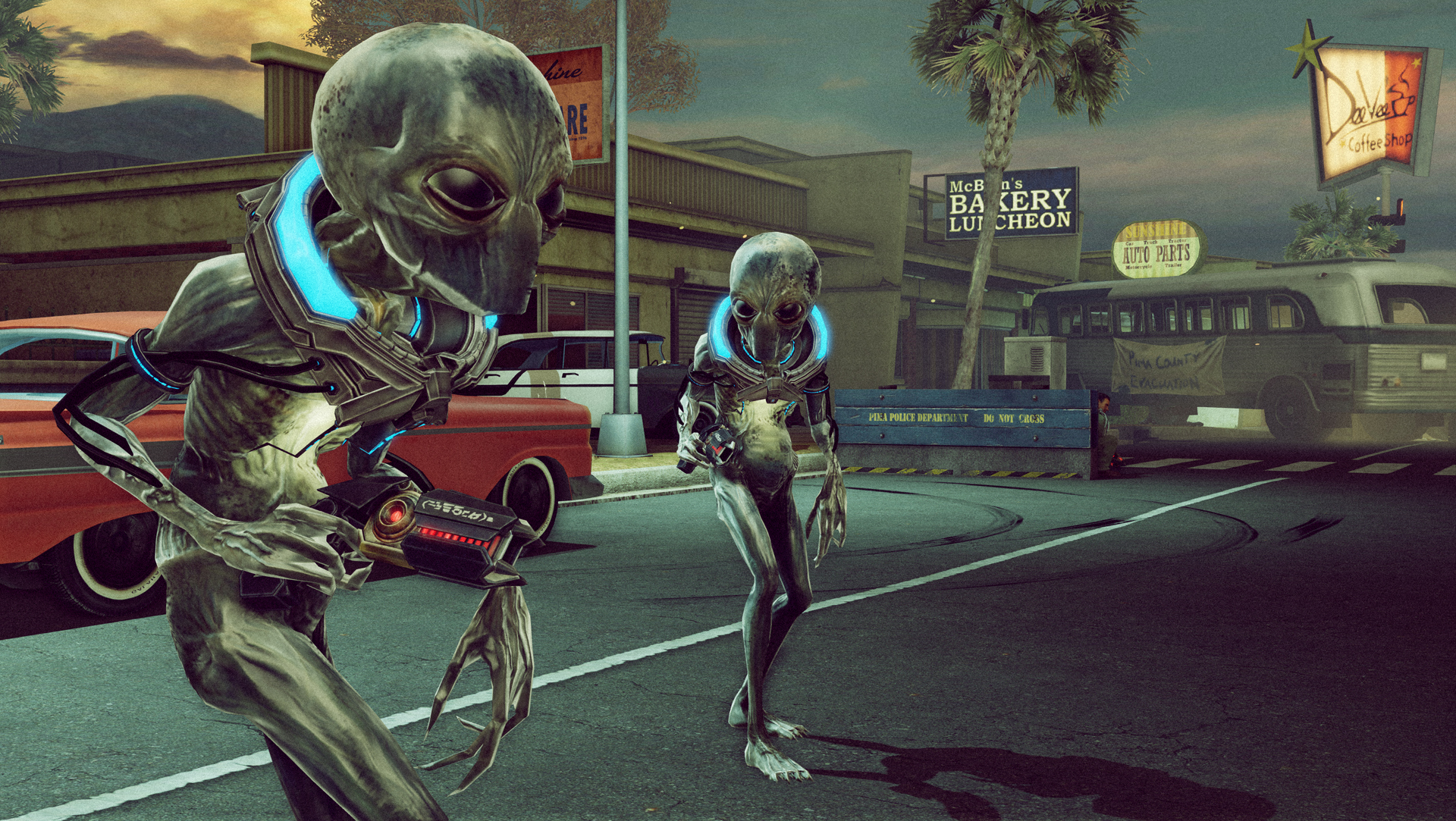
You can switch between regular weapons and alien specimens, but without any available parameters, this choice comes down to personal preferences.
Very often you will have to crouch and run up to the next agent, who inexplicably popped out from under cover. The bleeding timer ticks quickly, and movements in such an emergency situation seem excessively slow, so the first missions can turn into a heavy routine.
When you realize that you can’t trust your companions and start spending more time on clear instructions, everything will go smoother. Moreover, as Carter and his comrades level up, they gain new abilities that tip the scales in their favor. Aerial strikes and rocket turrets are predictable things, but they do their job.
The most interesting skills are reserved for the player themselves: summoning a blob of alien substance that seeks out enemies like a trained dog and subdues even the largest aliens, turning them against their allies, or calling in a drone that heals its own and shoots at others. When you reach the maximum level – 10 for the player, 5 for the agents – the battles become truly exciting, with plenty of possibilities and enough tactics to avoid turning them into a crazy mess.
However, reaching this point will be long and tedious, not only because of the sluggishness of movements and the backward artificial intelligence. The whole game becomes boring and sluggish in the intervals between missions, when you have to trudge through the corridors of the XCOM headquarters, wading through drawn-out dialogues with options for different answers, added not for the sake of the plot, but for the sake of hinting at the interactivity of all this clutter.

Attempts to present the plot through the environment with a mass of boring notes, photographs, and letters scattered throughout the game and highlighted in yellow look the same. Instead of adding new colors and details to the story, these nonsensical elements simply appear as another cliché. How many more tear-stained letters to loved ones do we need to find? The game already effectively conveys the tragedy of the alien invasion through its visual part – the locations are meticulously designed, with eerily abandoned dining rooms and city squares, populated by infected residents, receiving the attention they deserve. It could have done without the additional embellishment of the story.
Too much has been added to The Bureau simply because it exists in other games. The combat is ripped from Gears of War, the alien locations resemble Halo, squad management relies on Mass Effect’s ideas, and the environmental design is borrowed from BioShock (which was previously developed by 2K Marin) – the game seriously risks losing its individuality. The elements that could have made it unique – the ideas that could have created a true X-COM experience – continue to be underestimated, and it is very regrettable.
The most striking example is the Dispatch Missions, available alongside the small and large-scale operations of the campaign. They exist to keep your agents busy while you progress the story. These missions have a difficulty level, and if the assigned agents match it, they will complete the task. That’s where the strategy ends. If a mission has an eighth rank, just send two fourth-level agents. It doesn’t matter what classes they are or what the mission entails. Through this part of the game, which could have been quite deep, it is easy to breeze through in a few minutes – all you need is basic mental math skills – and receive a useful gadget as a reward.
As the story unfolds with maneuvering, betrayals, and abrupt plot twists in the end, the game struggles to hold onto its individuality. The fact that the final takes place in an alien location typical of any game in the last decade – gray-blue angular metallic surfaces and inexplicably scattered lights – only worsens the situation.
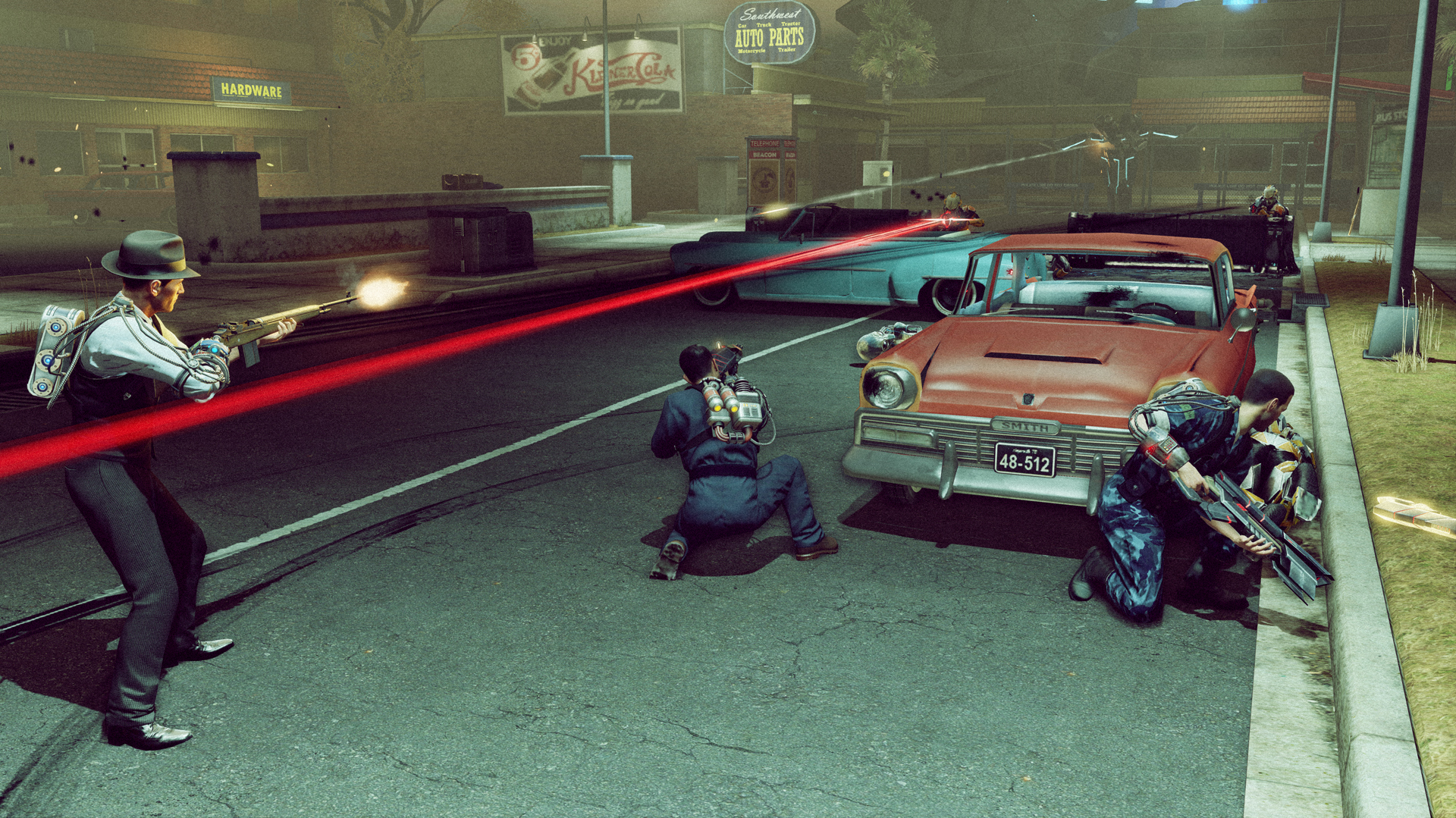
It is unclear how far the invasion has progressed. Entire cities have been left deserted, buildings of the invaders loom everywhere, but the rest of the world seems to be unaware of this. Quite strange.
In the arteries of The Bureau, so much fat has accumulated that you may not even notice the healthy, beating heart of gameplay inside it. But when you hunker down on the roof of a hunting lodge in the wilderness, surrounded by hostile aliens, desperately utilizing vital skills, The Bureau transforms into a truly engaging tactical shooter. In those moments, the game comes alive. It’s a shame that it lacks the strength to remain a modern action game with the unique features of X-COM, instead of just a brand dressed up in the unremarkable attire of dull blockbusters.
The Bureau is not enough to just be a good game… Of course, it is “modern,” as 2K wanted it to be, but it is far from being as innovative or memorable as the strategy that inspired it.
Share
Discuss
More Reviews


